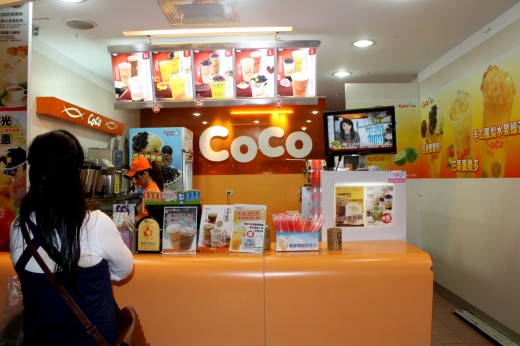Most Commonly Used Measure Words
Chinese measure words is a big lesson for beginners of Chinese,
and many people see them as an “impossible challenge”, since there are so many of
them.
Here, we collected 12 measure words for you.
(Traditional Chinese)
1. gè 個- a general measure word, and it’s used the most
frequently in daily life.
2. běn 本 -
for bound objects (books, magazines)
3. zhāng 張 – for flat objects (pieces of paper,
tables, CDs)
4. fèn 份 -
for servings of food as well
as for multi-page documents
5. bēi 杯 – for cups (1 cup of
tea, 2 cups of coffee)
6. shuāng 雙 – for pairs (2 chopsticks, 2 shoes, 2 eyes)
7. píng瓶 – for bottles ( a
bottle of water, 3 bottles of wine)
8. jīn斤 – a weight measurement
for fruit, meat, food
9. wèi 位 - for
people (polite)
10. zhī 支- for stick-like objects (pen)
11. kuài 塊 – for money and cake
12. liàng輛- for vehicles with wheels (but not trains)
How do we use measure words?
There are
different structures for
using measure words in Chinese. The basic one is
Number+ measure word + noun
Example: 一杯咖啡 (a
cup of coffee), 兩支筆 (two
pens)
Every noun of
Chinese has a measure word.
So mastering
measure words can make you sound more native, and better
understand Chinese conversations.
There are also many tips for using measure words. Just click the links below to see our full video
lessons on this big topic!
(Click the lessons below)
Hope you enjoy the
lesson!
Katrina Lee














